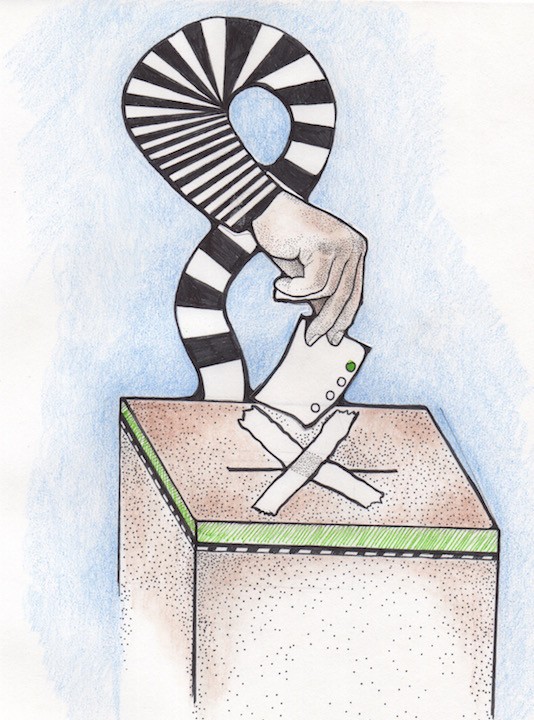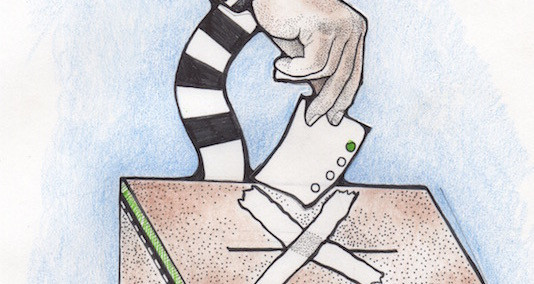Manitoba’s deficit is political
A lack of inspiring leadership means democracy needs an overhaul

The election comes after 17 years of New Democratic Party (NDP) rule in Manitoba. But despite its traditional base of support and a relatively stable economy, NDP approval is at its lowest since 1988.
Premier Greg Selinger’s popularity dropped so low after a 2013 tax hike that several of his own cabinet ministers publicly called for his resignation. Instead of stepping down, the premier ousted the dissenting ministers and carried on with business as usual.
Liberal leader Rana Bokhari, on the other hand, hopes to glean support from disenchanted progressives across the province. With promises of tax cuts as well as new social programming, momentum seems to be on her side, but her party faces an uphill battle: the provincial Liberals haven’t actually held official status in the legislature since the ’90s, and they haven’t been in power in nearly six decades.
Bokhari herself is political rookie, and to complicate matters further, the charismatic and talented Wab Kinew has recently announced his MLA candidacy against her in Fort Rouge. If Bokhari can’t demonstrate a firm grasp on her own potential seat in the legislature, support for her party more broadly will likely reflect a loss of confidence.
On the political right, the Progressive Conservatives led by Brian Pallister currently lead in the polls. Pallister is arguably better known for his obscure off-hand comments than for his political astuteness. In an apparent attempt at inclusivity, his 2014 holiday greeting included a nod to “infidel atheists,” and last year he suggested that Halloween threatens children’s integrity.
In this traditionally left-leaning province, Pallister’s probable ascent to the premiership will have less to do with his pro-corporate policies and quasi-fundamentalist ideologies than a lack of other viable options. Such a pendulum swing from left to right would mirror Rachel Notley’s recent win in Alberta, where the NDP dethroned an entirely dysfunctional PC party after 44 years in power.
While newcomers like Rana Bokhari and Wab Kinew are reason for optimism in the long-term, it will take time and a lot of effort for realistic leadership options to emerge outside of the old guards of the PC and NDP.
In an era where voter apathy is common enough to be cliché, the ongoing and uninspiring race for Manitoba’s provincial leadership has gone a long way to justify disenchantment with the political process.
Manitoba’s biggest deficit is in its leadership, and it’s becoming clear that simply showing up to vote is not sufficient participation for making democracy work.
Tim Runtz is the Comments editor at The Uniter, an associate editor at Geez magazine, and an occasional bicycle mechanic.
Published in Volume 70, Number 23 of The Uniter (March 10, 2016)







